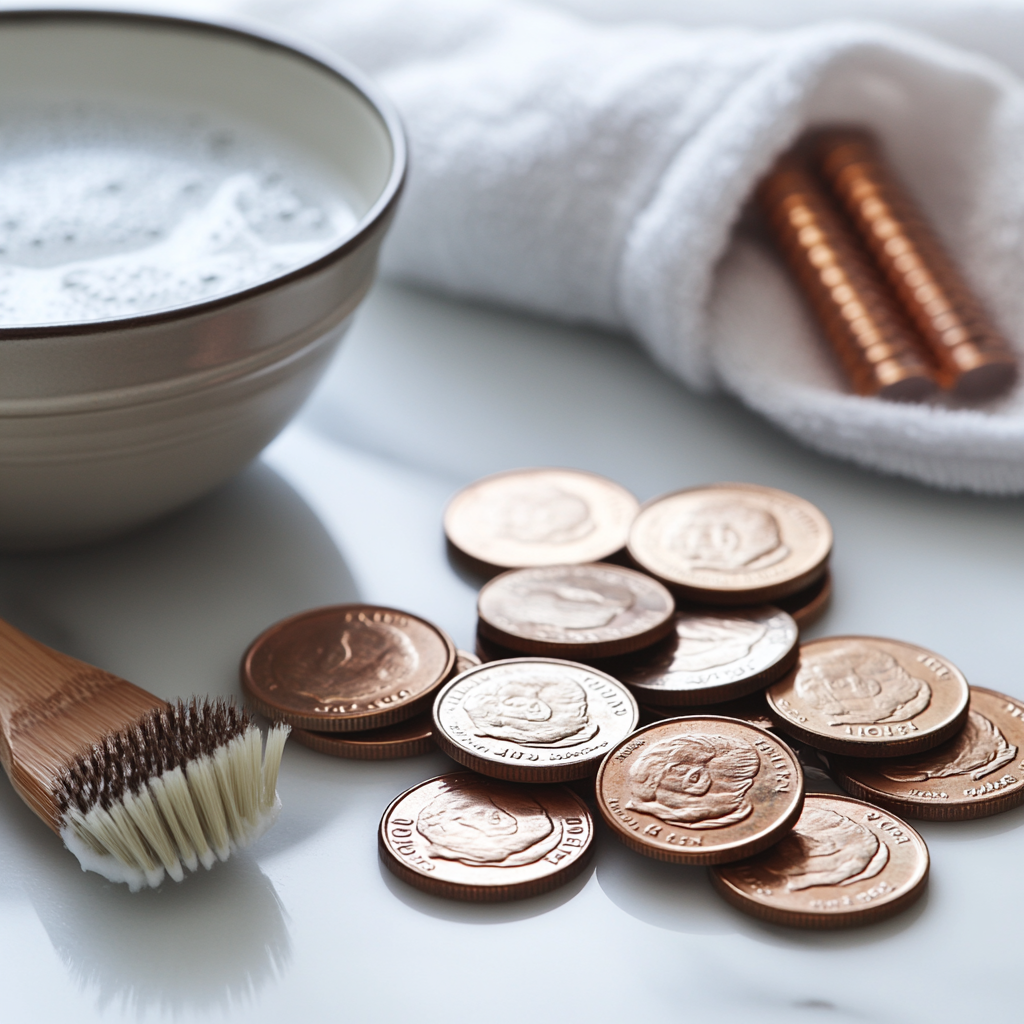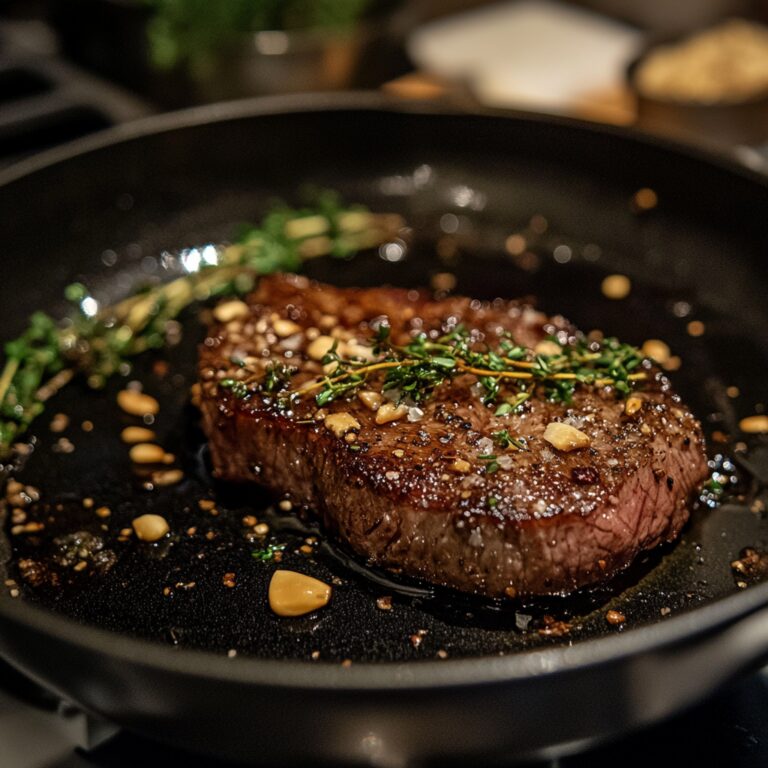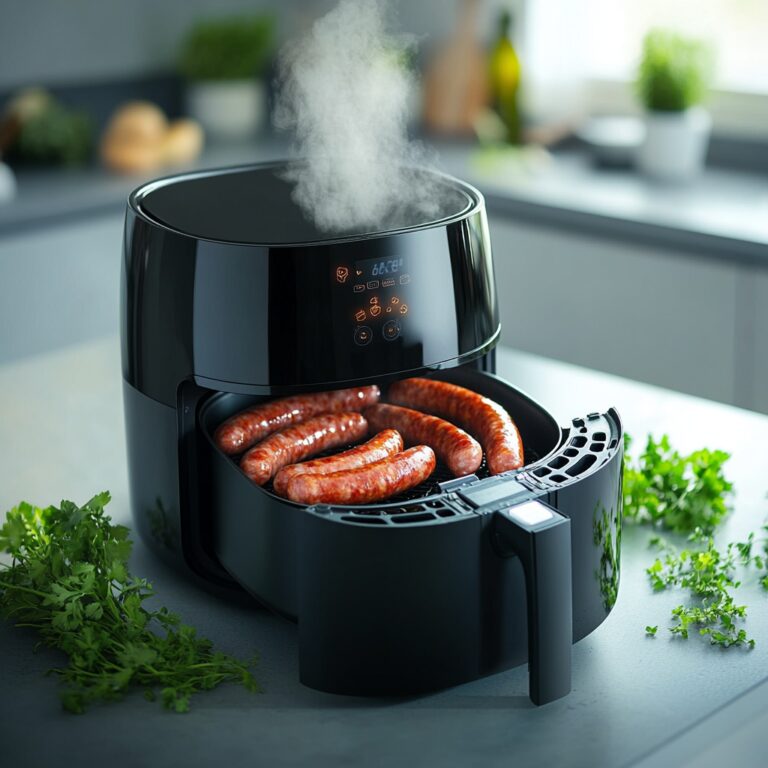Ultimate Guide: How to Clean Steel Pennies Effectively and Safely
Steel pennies, minted during a unique period in history, are valuable collectibles. Cleaning these coins requires careful attention to both their historical value and the materials they’re made from. This guide aims to provide you with the best practices for cleaning steel pennies without damaging them.
Why Cleaning Steel Pennies Requires Special Care
Steel pennies were made during World War II as a cost-saving measure, replacing the usual copper with steel coated in zinc. Cleaning these coins involves certain precautions:
- Preserve Numismatic Value: Over-cleaning or improper cleaning methods can reduce the coin’s value significantly.
- Avoiding Corrosion: Steel is prone to rust, and cleaning processes must prevent corrosion.
Essential Supplies for Cleaning Steel Pennies
Before you begin, gather the necessary supplies. Each item plays a vital role in ensuring that you clean your steel pennies effectively and safely:
- Soft-bristled brush: To gently remove surface dirt.
- Distilled water: To rinse the coins without introducing impurities.
- Baking soda: For mild abrasive cleaning solutions.
- Plastic tongs: To handle the coins without causing scratches.
- Lint-free cloth or towel: To completely dry the coins post-cleaning.
- Mild soap: For removing stubborn dirt without causing damage.
Step-by-Step Guide to Cleaning Steel Pennies
Initial Surface Cleaning
Start with a basic, gentle clean to remove surface dirt and grime:
- Pour some distilled water into a clean container.
- Use plastic tongs to dip the steel penny into the water. Let it soak for a few minutes to loosen surface dirt.
- Gently scrub the coin with a soft-bristled brush. Avoid pressing hard to prevent scratches.
- Rinse the coin in distilled water to remove loosened dirt particles.
Mild Soap Solution
If the coin remains dirty, a mild soap solution can help:
- Create a mixture of mild soap and distilled water.
- Submerge the steel penny in the soapy solution for about 5 minutes.
- Use the soft-bristled brush to gently scrub the coin, focusing on particularly dirty areas.
- Rinse again in distilled water.
Using Baking Soda Paste
For more stubborn grime, a baking soda paste may be necessary. This method should be used sparingly:
- Combine baking soda and distilled water to form a paste.
- Apply a small amount of the paste to the coin using your fingers or a soft brush.
- Gently rub the paste onto the coin, paying attention to corroded or heavily soiled areas.
- Rinse the coin thoroughly in distilled water to ensure all the paste is removed.
Post-Cleaning Care
Drying the Coins
After cleaning, ensure that the coins are completely dry to prevent rust:
- Pat the coins dry immediately using a lint-free cloth or towel.
- Lay the coins flat on a clean towel and allow them to air dry completely before storing.
Storing the Coins
Proper storage is crucial to maintain the cleanliness and value of your steel pennies:
- Use Coin Holders: Store coins in holders to protect them from dust and environmental moisture.
- Avoid Humid Areas: Store your coins in a dry place to prevent rust and corrosion. Consider using silica gel packs to absorb excess moisture.
What to Avoid When Cleaning Steel Pennies
There are certain practices and products you should avoid to ensure that your coins remain undamaged:
- Harsh Chemicals: Avoid using acidic or abrasive cleaning agents as they can damage the coin’s surface.
- Metal Brushes: Do not use metal or wire brushes as they can leave scratches.
- Long Soaks: Prolonged soaking in water, especially tap water, can cause corrosion.
Expert Tips for Maintaining Steel Pennies
For the long-term preservation of your steel pennies, consider these tips:
- Regular Inspection: Periodically inspect your coins for signs of corrosion or dirt buildup and clean them as necessary.
- Stable Environment: Keep a consistent temperature and humidity level in your storage area to avoid environmental damage.
- Avoid Handling: Limit handling of the coins without gloves to prevent oils from your skin from causing deterioration.
Conclusion
Cleaning steel pennies can preserve their historical and monetary value when done correctly. By following these steps and avoiding common pitfalls, you can maintain the beauty and integrity of your collection for years to come.





